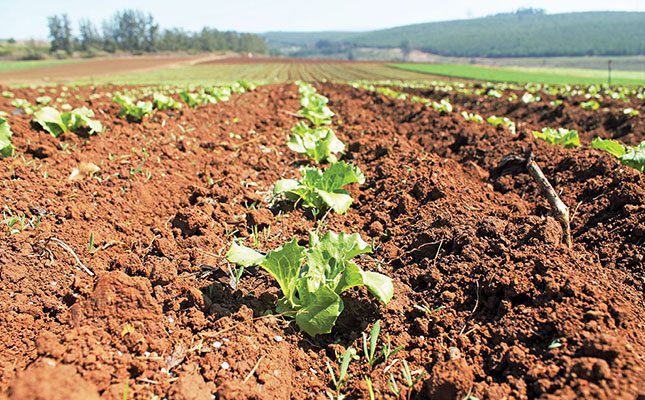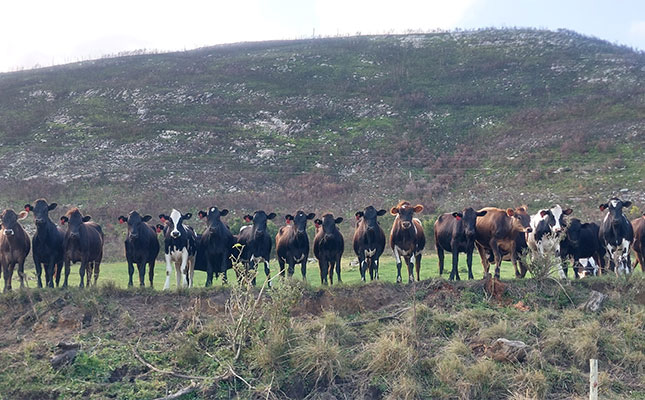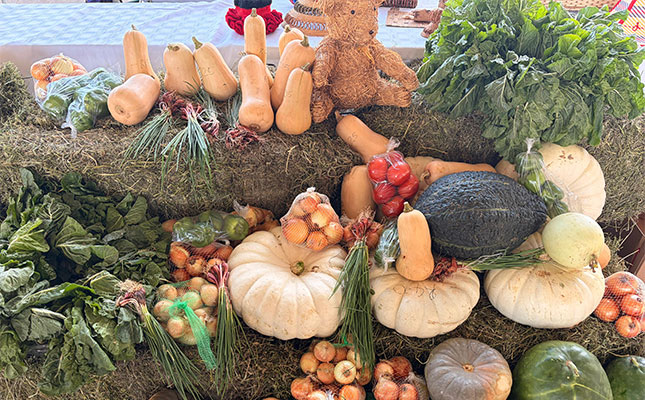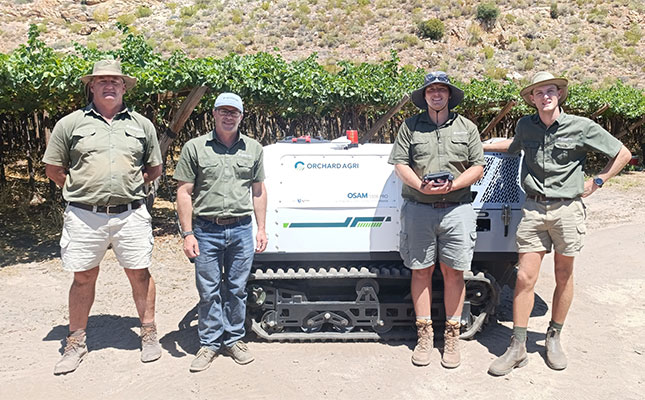
KwaZulu-Natal’s budget and disease management concerns
In KwaZulu-Natal (KZN), agriculture and rural development received R2,757 billion, reflecting a marginal increase of 1,7% from the previous year’s R2,608 billion. However, concerns have been raised over the sector’s ability to manage critical challenges such foot-and-mouth disease (FMD).
In an interview with Farmer’s Weekly, KZN MEC for agriculture, Thembeni Madlopha-Mthethwa, acknowledged the difficulties posed by the budget constraints.
Eastern Cape prioritises food security
In the Eastern Cape, Finance MEC Mlungisi Mvoko emphasised food security and the fight against malnutrition as key priorities for the provincial government. The province has allocated R269,2 million for its Food Security Programme in 2025/26 and R843,7 million over the Medium-Term Expenditure Framework (MTEF).
“The provincial government will strive to fight challenges of food security and malnutrition,” Mvoko said.
The Eastern Cape government plans to localise a significant portion of agricultural food value chains, ensuring greater access to nutritious food for rural communities.
Furthermore, R75 million has been set aside over the 2025 MTEF for food relief initiatives targeting vulnerable households.
In 2024, Mvoko spoke about the province’s potential to become South Africa’s food basket, citing its strong position in livestock, milk, wool, and horticulture production.
“Over the sixth administration, we invested R11,5 billion in Agricultural Producer Support, Veterinary Services, and Agricultural Education and Training,” he said.
Eastern Cape MEC for agriculture, Nonceba Kontsiwe, acknowledged economic constraints but expressed optimism about future agricultural growth.
“The economic and fiscal environment did not allow the provincial government space for additional funding to almost all departments,” Kontsiwe told Farmer’s Weekly.
“However, we are driving partnerships with agricultural stakeholders and leveraging investment opportunities to support smallholder farmers.”
Gauteng invests in agro-processing
In Gauteng, Finance MEC Lebogang Maile allocated R2 billion to the Department of Agriculture and Rural Development over the MTEF, with R647,3 million specifically set aside for the 2025/26 financial year. The budget aims to revitalise agriculture through employment creation and agro-processing expansion.
“The department will provide technical and financial support to small and medium agro-processing enterprises, enabling their commercialisation,” Maile said during his budget speech.
Additionally, five blended financing instruments will be launched, including an agro-processing fund offering grants and loans to agripreneurs.
Gauteng MEC for agriculture, Vuyiswa Ramokgopa, welcomed the budget but noted its limitations.
“The R647,3 million for the 2025/26 financial year is not enough to fully meet our goals, but it is a step in the right direction,” she said.
“We acknowledge the importance of partnering with the private sector to accelerate progress in commercialising small-scale farmers and creating sustainable jobs.”
Western Cape invests in sub-departments
Meanwhile, Western Cape Minister of Agriculture, Economic Development and Tourism, Dr Ivan Meyer, allocated a budget of R1,021 billion for the 2025/2026 financial year.
“The Western Cape accounts for about 55 % of South Africa’s agricultural exports, and eight of the top 10 export products from the Western Cape have an agricultural foundation”, he said.
The budget included R161,1 million for administration, R143,9 million for sustainable resource use and management, R305,6 million for agriculture producer support and development, R117,8 million for veterinary services, R155,5 million for technology and research development, R47,2 million for agricultural economic services, R69,2 million for agricultural education and training, and R20,9 million for rural development.
“Agriculture is also the most competitive sector in the economies of each of the five rural districts, with tourism, which has strong agricultural foundations and is closely followed as the second most competitive sector,” he said.
Get trusted farming news from Farmers Weekly in Google Top Stories.
➕ Add Farmers Weekly to Google ✔ Takes 10 seconds · ✔ Remove anytime









